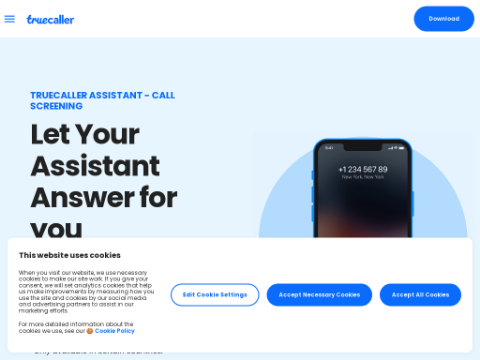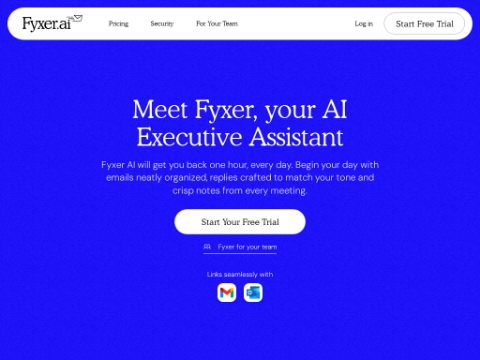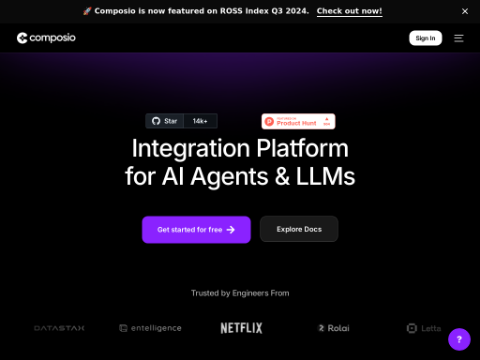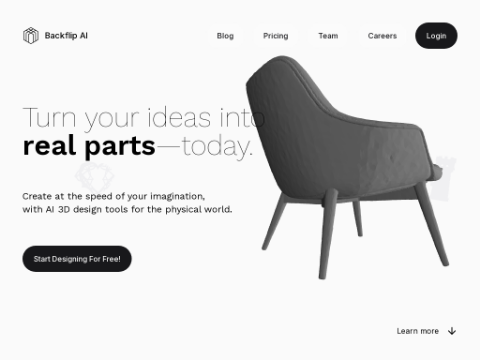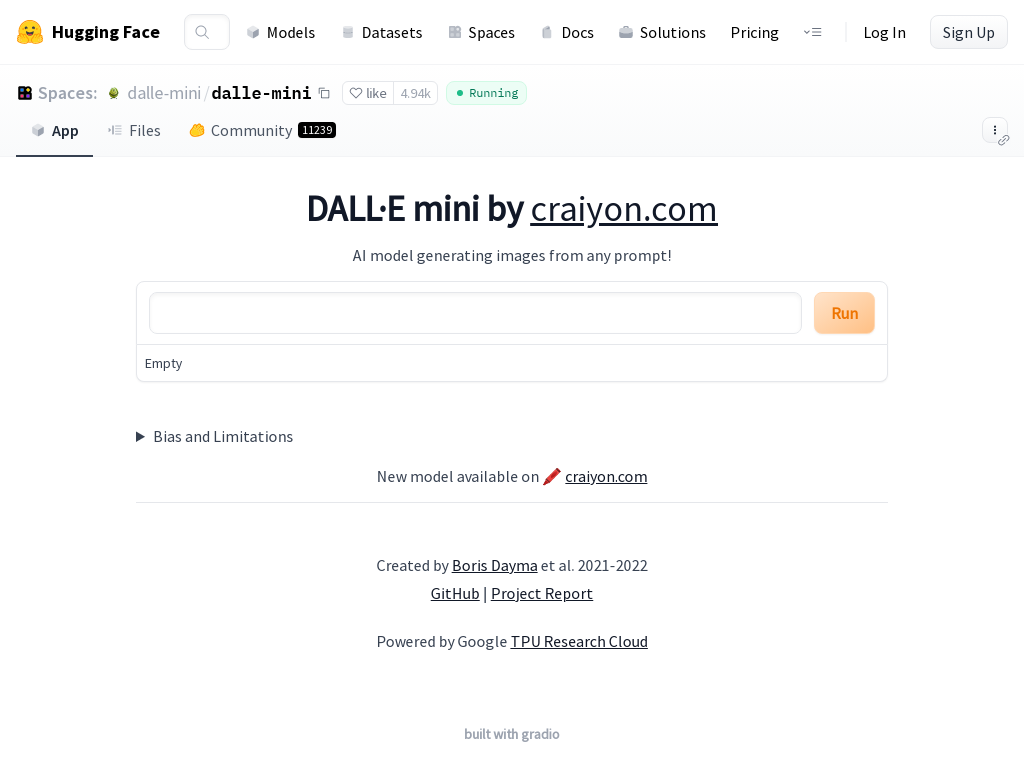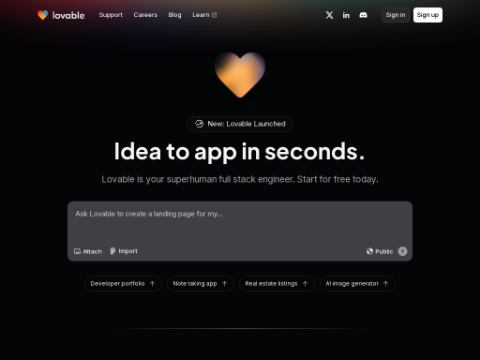With the launch of its latest AI-driven sales models, such as xGen-Sales and xLAM, Salesforce raises a key question: is artificial intelligence (AI) leading the future of sales? Behind these innovations, we can see Salesforce's efforts to integrate AI technology into its CRM solutions, aiming to reshape the sales process by enhancing the efficiency and capabilities of salespeople.
Salesforce's new models are not just a stack of technologies; they represent a deep understanding of the sales process. By leveraging advanced technologies such as predictive analytics, natural language processing, and machine learning, these models can analyze massive amounts of data, identify sales opportunities, provide personalized recommendations, and assist salespeople in making smarter decisions. This transformation makes the sales process more efficient, intelligent, and customer-centric.
If Salesforce's new models can be successfully implemented and popularized, they indeed have the potential to change the rules of the sales game. The introduction of AI will automate and real-timeize the sales process, reducing reliance on manual intervention. Salespeople can focus more on building and maintaining customer relationships, rather than spending a lot of time on tedious data analysis and sales tasks.
However, the widespread adoption of AI in the sales field also comes with a series of challenges and questions. How to ensure the accuracy and reliability of AI systems? How to balance the roles and responsibilities of AI and human salespeople? How to protect customer privacy and data security? These are all issues that need to be carefully considered and addressed.
Nevertheless, judging from the actions of leading companies like Salesforce, the future of AI in the sales field remains promising. With the continuous advancement of technology and the maturation of the market, we have reason to believe that AI will become an indispensable part of future sales. It will help salespeople better understand customer needs, predict market trends, optimize sales strategies, and ultimately achieve sustained sales growth.
Therefore, for Salesforce's new models, they are not just technological innovations, but also explorations and attempts to shape the future sales model. Whether they can successfully change the rules of the game remains to be seen based on market response and actual effectiveness. However, regardless of the outcome, AI has already emerged in the sales field and is expected to play a more important role in the future.
Salesforce, a leading provider of cloud-based customer relationship management software, today announced the launch of two advanced artificial intelligence models - xGen-Sales and xLAM, aiming to help businesses improve automation levels and efficiency. This release demonstrates Salesforce's ongoing investment in enterprise AI technology.
These two models were developed by Salesforce AI Research team and aim to set new standards for AI-driven automation, especially in sales and tasks that require triggering actions within software systems. This release comes just before Salesforce's annual Dreamforce conference, which will be held later this month, where Salesforce will share its broader plans for autonomous AI tools.
xGen-Sales: Automating sales with precision and speed
The xGen-Sales model aims to automate complex sales tasks with high precision and speed. Salesforce has customized this model to meet industry-specific needs, enabling it to provide more accurate responses, generate customer insights, enrich contact lists, summarize call content, and track sales processes without human intervention.
"We are introducing tools that allow our customers to apply generative AI throughout the entire sales process. 'xGen-Sales' enhances the capabilities of sales teams by enabling them to manage sales pipelines and guide sales representatives more effectively," said Adam Evans, Senior Vice President of Advanced AI Platform Products at Salesforce, in an interview with VentureBeat.
According to Evans, xGen-Sales has outperformed larger models in internal testing at Salesforce, demonstrating its efficiency and effectiveness. This improvement allows Salesforce to better meet the needs of enterprise customers seeking AI solutions that go beyond simple content generation.
xLAM: An AI model that drives business actions beyond just conversations
While xGen-Sales is tailored for sales, Salesforce's xLAM (Large Action Model) series is designed to improve the way AI operates in various business functions. Unlike traditional language models that primarily generate text, xLAM is specifically designed to perform tasks that trigger actions within other software systems.
"The core of the Large Action Model is the shift from generating content to actually completing tasks. 'xLAM' enables our AI to not only assist but also independently accomplish complex tasks," explained Evans.
The xLAM suite includes models of different sizes, from the compact xLAM-1B suitable for devices with limited computing power, to the more powerful xLAM-8x22B for organizations with abundant computing resources. Salesforce's internal evaluations have shown that even the smaller xLAM models are more cost-effective, faster, and more accurate than many larger and more expensive models on the market.
Salesforce's strategic AI advancement: Staying competitive in a rapidly growing market
The launch of xGen-Sales and xLAM by Salesforce comes at a critical moment as the company faces increasing competition in the AI-driven CRM field. As enterprises continue to seek AI solutions that improve efficiency, Salesforce's focus on action-driven AI may give it a competitive advantage.
"This is an important moment," pointed out Evans. "We are using this technology in our own operations and making it available to all customers so they can apply it to their own businesses. This is not just a feature; it's a significant shift for Salesforce."
The broader enterprise AI market is growing rapidly, with companies like Microsoft, Google, and Amazon making significant strides in the AI field. However, Salesforce's emphasis on models that can take action rather than just generate content may set its products apart, especially in industries where automation and real-time decision-making are crucial.
"Salesforce is positioning itself as a leader in the next wave of AI development," said Evans. "We are moving towards AI tools that are more autonomous, proactive, and capable of taking action without prompting."
Looking ahead: Salesforce's AI vision and expectations for Dreamforce
This is a crucial moment for Salesforce's AI portfolio. With tech giants like Microsoft and Google encroaching into the AI-driven CRM field, Salesforce faces innovation pressure, or else it may lose market share. The stakes are high, with Salesforce's annual revenue reaching $38 billion and the loyalty of countless businesses worldwide at stake.
The potential impact is staggering. Imagine AI not only processing data but also actively facilitating business. "Our vision for the future is that AI will enhance the capabilities of salespeople, helping them improve sales efficiency and freeing up valuable time to focus on customers," explained Evans.
However, this AI-driven new sales world also raises thorny questions. Will these silicon-based salespeople render human sales teams redundant? Can we trust AI to make critical business decisions? What happens when two AI agents get stuck in an endless sales pitch loop?
As businesses grapple with these existential challenges, one fact remains clear: Salesforce is fully betting on AI as the future of customer relationships. Whether this high-risk gamble succeeds will not only determine Salesforce's fate but also potentially reshape the way businesses interact with customers in the future.
So, the next time you receive a suspiciously perfect sales pitch, don't be quick to dismiss it as just another soulless robot. You may be witnessing the vanguard of an AI sales revolution - one that has more processing power than the moon landing and is likely the perfect solution you've been looking for.
In this AI-driven new sales world, the boundaries between humans and machines are becoming blurred. Salesforce's latest moves not only raise the bar but also take it to new heights. The question now is no longer whether AI will change sales, but how quickly and thoroughly it will do so. Fasten your seatbelts, everyone - the future of sales, driven by silicon, has arrived.

